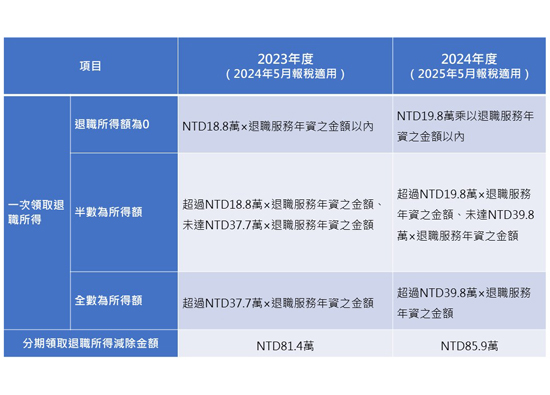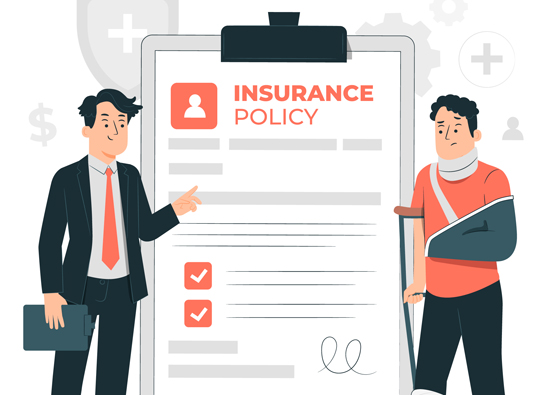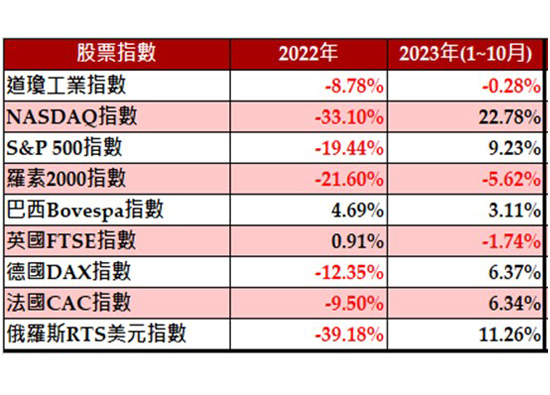01.2024 Life Guide
The Seven Mind Techniques Stay Away from Election Syndrome
Dr. Lin Zhujun from the Department of Psychiatry at Far Eastern Memorial Hospital /


 As the election campaign unfolds in full swing, many people's emotions also fluctuate. However, when the election finally comes to an end, in the face of losing results, besides the candidates, passionate supporters may also develop "election syndrome". This Health Column will take you through common symptoms and solutions.
As the election campaign unfolds in full swing, many people's emotions also fluctuate. However, when the election finally comes to an end, in the face of losing results, besides the candidates, passionate supporters may also develop "election syndrome". This Health Column will take you through common symptoms and solutions.What is election syndrome?
Election syndrome is not a formal psychiatric diagnosis, but refers to the pressure generated by elections that affects an individual's physical and mental state. Before the election, people are mostly excited and excited because they support their desired candidates, full of motivation and expectations. In severe cases, they may experience physical and mental symptoms such as anxiety, irritability, and manic episodes; If the result of the election is not as expected, one may feel lost, sad, worried, angry, irritable, and even hurt oneself and others.
Why does electoral syndrome arise?
Some people invest a lot of energy in the election process, fearing that the election situation will not be favorable for the candidates they support, and their expectation of winning becomes pressure, manifested in physical and psychological aspects. In addition, the general public also bears the pressure of elections, such as news media constantly reporting on polls, corruption cases, and candidate attacks and defenses; Political commentators or candidates use provocative remarks to warm up the election situation and urge votes; Amidst heated discussions among family and friends about their opinions on candidates, it is difficult to stay out of the situation, and some people develop "election syndrome" as a result.
Who will develop "election syndrome"?
Both you and I, who are in the midst of the election frenzy, may experience election syndrome. According to a study by the American Psychological Association on the 2020 election, over two-thirds of adults believe that elections are a major source of stress in life, especially among four groups: those who are more passionate about political issues, those who are more politically related, those who rely more on news media, and those who support the losing camp, who are more likely to experience related symptoms. Additionally, it should be noted that patients who have been or are currently diagnosed with psychiatric disorders are also more susceptible to being affected; Some studies have also pointed out that even young people who have always been perceived as politically indifferent are still affected by elections and may experience psychological distress.
What are the symptoms of election syndrome?
There are many patients in clinical practice who experience physical and mental discomfort due to elections. According to research, the anxiety and depression caused by the 2020 US presidential election, as well as the COVID-19 pandemic in 2019, are even more severe. Common symptoms include:
Uncontrollable anxiety, worry, panic attacks
Melancholy, low spirits, feelings of despair, fatigue, and lack of motivation
Lack of concentration and forgetfulness
Irritable and irritable
Abnormal excitement, difficulty sitting and standing
Muscle tightness
Physical discomfort but no obvious cause can be found, such as pain, gastrointestinal discomfort, chest tightness, palpitations, etc
insomnia
Appetite changes
Extreme stress may affect life safety
In clinical practice, there is a type of "heartbreak syndrome", which mainly involves the body experiencing extreme emotional and stress changes, producing excessive levels of excitatory endocrine hormones, leading to stress-induced myocardial disease, inability to load the heart, and in severe cases, life-threatening consequences.
The Seven Mind Techniques Stay Away from Election Syndrome
Focus on personal controllable things and increase a sense of control over life. For example, maintaining a regular lifestyle and work, and avoiding excessive or repetitive speculation about possible bad outcomes before election day.
Reduce time spent in the media and avoid excessive tracking of relevant information.
If encountering election related discussions, there is no need to persuade others to accept your own views. Practice ending the conversation with simple words.
Participate in activities that are beneficial to oneself (such as stress relief activities), or turn stress into meaningful activities.
Stay in touch with family and friends.
Reduce stress through exercise and keep the body active.
Avoid using alcohol, drugs, or non prescription medications to cope with stress.
If the above methods still cannot alleviate discomfort, please gather the courage and seek professional assistance. Psychiatrists will evaluate the patient's physical and mental state, the degree of impact on their daily life, provide cognitive adjustments, psychological education, and, if necessary, administer medication.
epilogue
While the public is concerned about politics, please also pay attention to your physical and mental condition. If there is emotional distress or changes in interpersonal relationships and work status, please seek medical assistance as soon as possible. After all, only by facing the problem squarely can we solve it and restore our health.
*Dr. Lin Zhujun's expertise includes: cognitive disorders, emotional disorders (depression, bipolar disorder, anxiety, panic, autonomic disorders, trauma, adaptation disorders, sleep disorders), repetitive transcranial magnetic stimulation (rTMS), as well as common mental disorders in children and adolescents, such as autism, attention deficit hyperactivity disorder, etc.
#




















